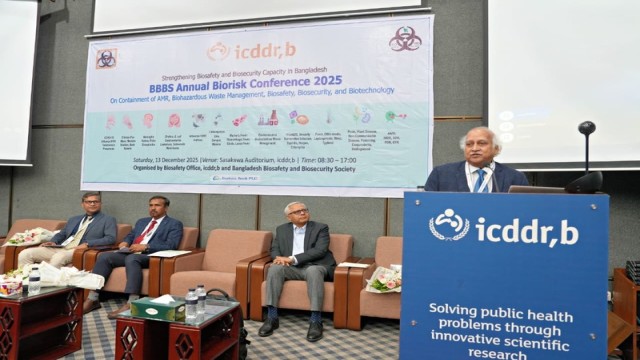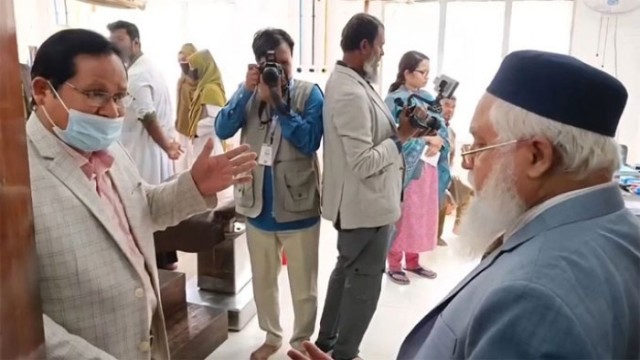New York, Oct 31, (V7N) - A new report published in The Lancet highlights the alarming ways climate change is impacting American health, revealing that waste generated by the healthcare industry contributes significantly to the problem.
The report, part of an ongoing global study on health and climate change, emphasizes that the health crisis exacerbated by climate change threatens to reverse decades of public health progress. It calls for urgent action from nations, including the U.S., to reduce fossil fuel use and accelerate the shift to clean energy.
Jonathan Buonocore, a Boston University environmental health professor and co-author of the report, states that the health risks linked to climate change are comparable to the dangers posed by medical errors, which claim approximately 250,000 lives in the U.S. annually, according to Johns Hopkins University research.
The report outlines various health impacts of climate change on Americans, including air pollution from fossil fuels, intensified tropical storms, and heatwaves linked to adverse pregnancy outcomes. However, it also notes the positive effects of renewable energy adoption, estimating that the shift to wind and solar power prevented 1,200 to 1,600 premature deaths in 2022 through improved air quality.
Crucially, the healthcare sector accounts for 8.5% of U.S. greenhouse gas emissions, yet there is currently no national initiative to measure or manage these emissions. This figure includes energy consumption in hospitals as well as substantial medical waste—largely single-use plastics—that is discarded daily. Buonocore points out that while these disposables help maintain sterile environments, there are strategies to reduce waste without compromising patient safety.
Operating rooms, for example, generate about 30% of medical waste, according to Dr. Shaneeta Johnson from Morehouse School of Medicine. She highlights the inefficiencies in heating, ventilation, and air conditioning (HVAC) systems that run constantly, regardless of patient presence.
One initiative hospitals are exploring is the creation of "lean" surgical trays, where only essential instruments are sterilized and prepared for use. This collaboration with surgeons helps minimize unnecessary waste while still meeting surgical needs.
Dr. Vivian Lee, an executive fellow at Harvard Business School and author of The Long Fix, emphasizes the importance of tackling both physical waste and the inefficiencies stemming from overdiagnosis and overtreatment. She notes that each hospital patient generates over 30 pounds of waste daily, much of which comes from unnecessary procedures.
Many medical societies have identified lists of unnecessary treatments—like prescribing antibiotics for viral infections or performing X-rays for back pain—that contribute to waste and excess carbon emissions without benefiting patients.
As climate change continues to pose a significant threat to health, the report underscores the urgent need for the healthcare industry to innovate and implement sustainable practices that can mitigate both waste and environmental impact.































Comment: